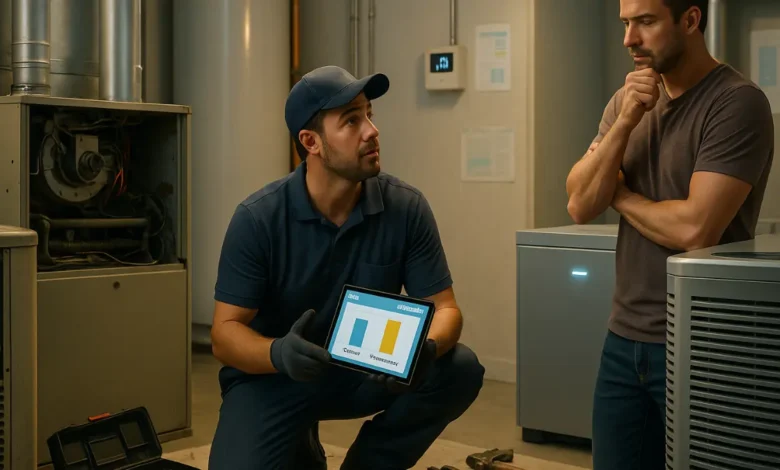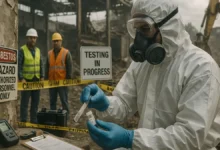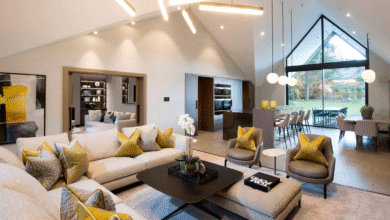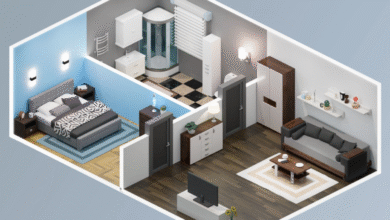Upgrading vs Repairing During HVAC Service: A Decision Guide

When your heating and cooling system starts showing signs of inefficiency or frequent malfunctions, deciding between repairing and upgrading can feel like a major dilemma. The decision impacts not just your comfort but also your long-term energy expenses, indoor air quality, and property value. Many homeowners face this crossroad, unsure of when to draw the line between a quick repair and a complete replacement. Making the right choice requires evaluating several key factors, including system age, performance, and operating costs. We will explore key considerations to help you make an informed decision during your next HVAC service.
Factors to Consider When Choosing Between Repair and Upgrade
1. System Age and Efficiency
The age of your HVAC system plays a critical role in determining whether repair or replacement is the right option. Most systems are designed to last between 10 and 15 years, depending on the quality of installation, usage, and maintenance. As the system approaches the end of its lifespan, repairs may only offer temporary relief. Older units often struggle to maintain consistent temperatures, consume more energy, and require frequent service calls. On the other hand, upgrading to a newer system through Semper Fi Heating and Cooling can provide advanced features such as smart thermostats, variable-speed fans, and improved energy efficiency. These features help lower monthly bills and provide better temperature control. If your system is more than a decade old and needs major repairs, upgrading might save you money and trouble in the long run.
2. Cost of Repairs vs. Replacement Value
Another crucial factor in the decision-making process is the financial aspect. A general rule of thumb many technicians use is the “50% rule”: if the repair cost is more than half the price of a new system, it’s often wiser to replace it. Minor issues, such as a broken thermostat or a clogged filter, are inexpensive to fix. However, when compressors, evaporator coils, or blower motors fail, the repair costs can quickly add up. Investing in a new system may seem costly upfront, but it often pays off through improved energy efficiency, extended warranties, and reduced maintenance costs. Furthermore, newer systems are designed to meet stricter efficiency standards, helping you save money on your energy bills and potentially qualify for rebates. Considering both immediate and long-term expenses will help you determine which path makes more financial sense.
3. Energy Consumption and Utility Costs
Energy efficiency is one of the most telling indicators that an upgrade might be due. Older HVAC systems often operate with outdated technology that consumes more electricity or fuel than necessary. You may notice a gradual increase in your utility bills despite using your system the same way as before. Upgrading to a modern, high-efficiency HVAC system can reduce energy consumption by 20% or more, depending on your home’s size and insulation quality. Additionally, today’s systems come equipped with eco-friendly refrigerants and improved air filtration, promoting healthier indoor air quality. If rising energy bills have become a recurring trend in your home, it may be more practical to upgrade rather than continually repairing components that can no longer perform efficiently.
4. Frequency of Repairs and System Reliability
If your HVAC system has become a regular on the repair schedule, it’s time to assess whether these fixes are truly worth it. Frequent breakdowns not only disrupt your comfort but also signal deeper mechanical issues that might not be fully resolved through simple repairs. Every visit from a technician means additional costs, downtime, and inconvenience. On the other hand, upgrading to a new system ensures consistent performance and peace of mind. Newer models are built with advanced technology designed for reliability, smoother operation, and quieter performance. If you’ve had to call for repairs more than two or three times within a single season, replacing the system could save both money and frustration in the long term.
5. Environmental Impact and Home Comfort
Modern HVAC systems are not just about heating and cooling—they’re about optimizing comfort and sustainability. Older units often utilize outdated refrigerants that can harm the environment, whereas newer models comply with current environmental regulations and employ eco-friendly alternatives. Additionally, new systems are designed with advanced zoning capabilities and improved humidity control, allowing you to maintain a balanced comfort level throughout your home. Repairing an older system may fix immediate issues, but it won’t deliver the same level of comfort and environmental benefit that a modern upgrade can provide. If you’re conscious of your carbon footprint or looking to improve overall indoor air quality, investing in an upgrade aligns with both your comfort and environmental goals.
6. Technological Advancements and Smart Features
The HVAC industry has undergone significant evolution, offering a range of smart technologies that enhance convenience and efficiency. Upgrading gives you access to innovations like smart thermostats, remote control through mobile apps, and sensors that optimize performance based on your daily habits. These features not only enhance comfort but also enable better control over energy use, thereby reducing unnecessary consumption. Repairs on older systems cannot incorporate such advancements, leaving you with limited control and higher long-term operating costs. If your home is already incorporating other smart technologies or energy-efficient solutions, upgrading your HVAC system will ensure it aligns with modern standards and provides seamless integration.
Choosing between upgrading and repairing your HVAC system involves balancing practicality, cost, and comfort. While repairs may be sufficient for newer systems with isolated issues, aging units that demand frequent attention or operate inefficiently often benefit more from a full upgrade. Upgrading can improve comfort, lower utility bills, and support a healthier indoor environment, while constant repairs can drain resources over time. By carefully evaluating your HVAC system’s condition and your long-term goals, you can make a confident, cost-effective decision that enhances comfort and value in your home for years to come.





